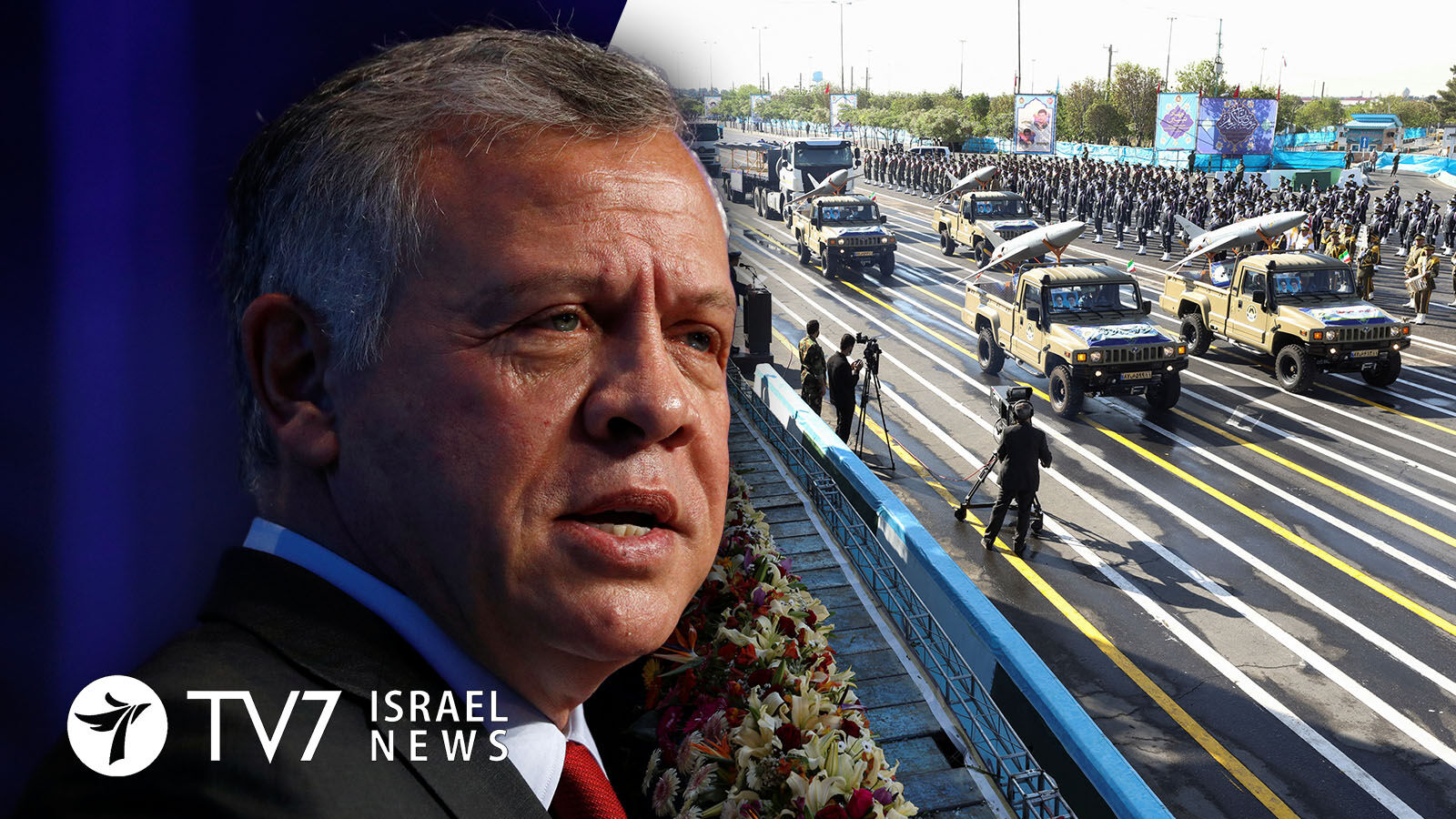Russia’s decision to redeployment troops from Syria to bolster the Kremlin’s forces in its war against Ukraine carries reverberating implications, says Jordanian King Abdullah II.
By Jonathan Hessen and Erin Viner
“That vacuum (in Syria) will be filled by the Iranians and their proxies,” warned the Jordanian Monarch during an interview with the Washington-based Hoover Institute.
Russian forces have been active in Syria since 2015, when they helped turn the tide of the Civil War there in favor of Syrian President Bashar al-Assad.
According to a Moscow Times report earlier this month, the troops “are being transferred to the Ukrainian front” where Russia relentlessly attempts to gain additional territory. The report also claimed that “abandoned air bases of the Russian Federation are being transferred to (Iran’s) Islamic Revolutionary Guards Corps (IRGC) and the Lebanese terrorist organization Hezbollah.”
King Abdullah said that the Russian withdrawal could lead to “an escalation of problems” such as “attacks on a regular basis” against his nation’s borders and “we know who is behind that” (in reference to Iran).
“Whether people would like to hear this or not, the presence of the Russians in the south in Syria was a source of calm because they were making sure that we could deconflict. If you remember correctly, there was a deconfliction sector between the United States and Russia in Syria to make sure that more good days than bad days,” pointed out the leader of the Hashemite Kingdom.
“From the Jordanian’s perspective, the Russians are on our border in Syria – and so that is part of our calculation. And, again, it will be very interesting to see “post Ukraine,” if we could put it that way, where the Russians are in Syria. They were, I think, the predominant force, I know that now that gap is being filled by the Iranians. That, possibly, will create more insecurities in the region. So, that is something we have to look at,” he cautioned.
“Obviously, we want to be part of a new Middle East and move forward, but we do have security challenges,” he stressed.
Abdullah pointed out that while the United States and Middle East nations are engaged in diplomacy with the Ayatollah regime, it nevertheless continues to foment instability throughout the region.
“So, do the politics – the negotiations that are going on between Saudi Arabia, the Gulf countries, United States (with Iran), that does move Iran into a more positive light? I hope so… I’m not seeing it on the ground at the moment,” he responded.
King Abdullah underscored that in addition to its activities in Syria, the Russians are “active international players” in efforts to revive the Israeli-Palestinian peace process as a member of the Quartet, which also includes the United Nations, European Union and United States.
In reference to Israel’s Abraham Accord normalization with four Arab/Muslim nations, the Jordanian leader insisted that “no matter what relations Arab countries have with Israel, if we don’t solve the Palestinian issue it’s really two steps forward and two steps back.”
“Last month was a difficult month,” said King Abdullah, describing the surge of Arab/Palestinian terrorist attacks and ongoing Israeli security operations to end the violence, while expressing his hope that “the dust will settle in the next couple of weeks” so mediators can “get Israelis and Palestinians to the table.”
He then reiterated Jordan’s belief that the establishment of a Palestinian state is “the only solution that allows Israel’s integration into the Middle East.”
